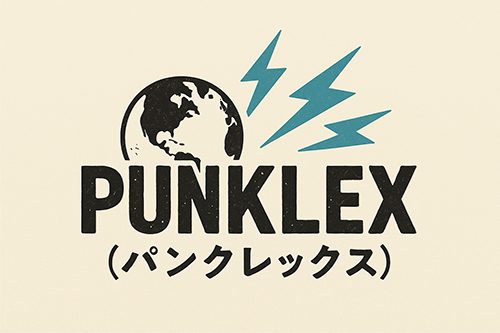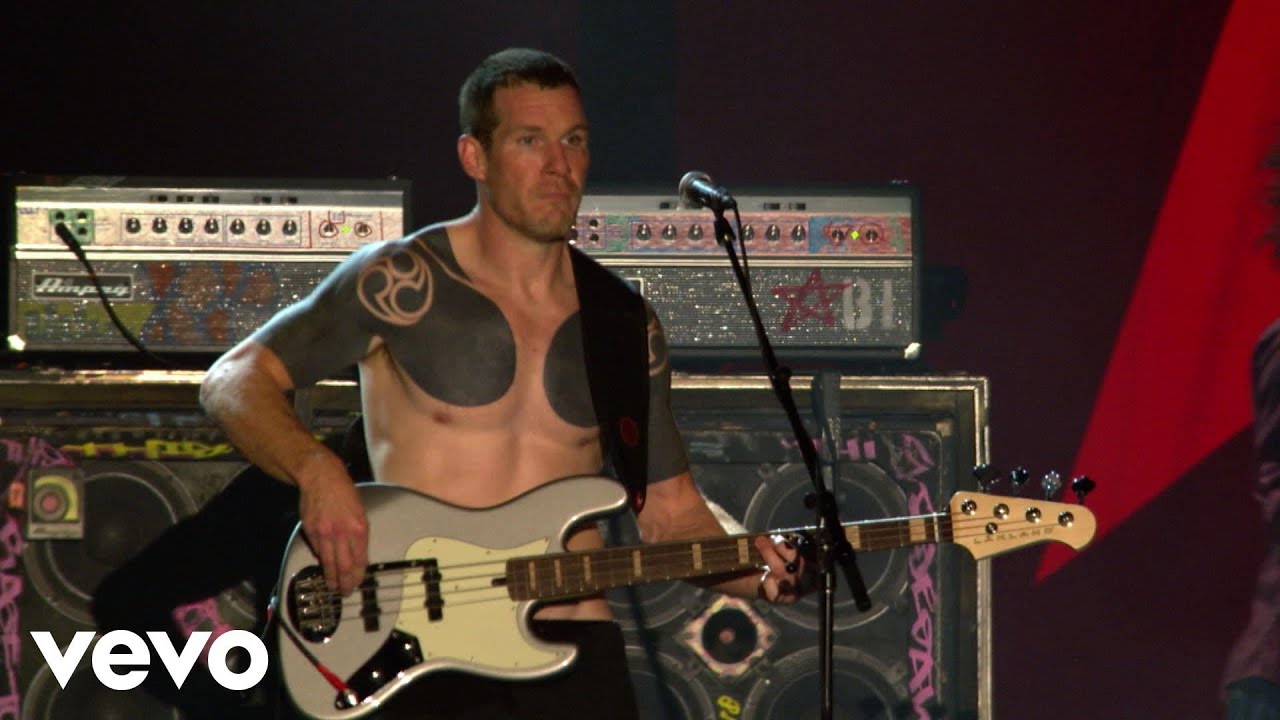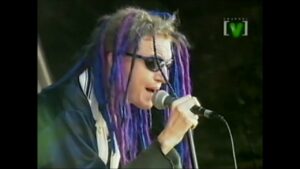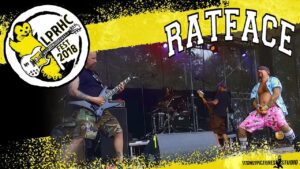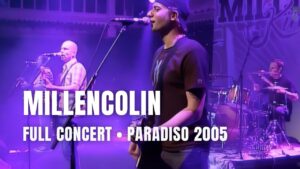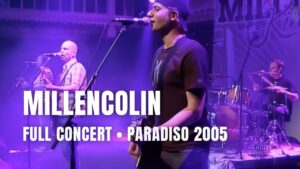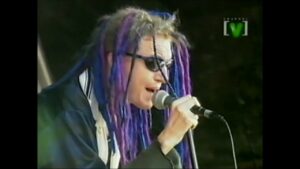Formation & Members
Rage Against the Machine (レイジ・アゲインスト・ザ・マシーン), a band that would come to define a generation with their fiery brand of punk and hardcore, was formed in Los Angeles, California, in 1991. The lineup consisted of vocalist Zack de la Rocha, guitarist Tom Morello, bassist Tim Commerford, and drummer Brad Wilk. Each member brought a unique musical background to the band, fusing elements of hip hop, heavy metal, punk, and funk into a singular, explosive sound.
Zack de la Rocha, known for his politically charged lyrics and intense stage presence, had previously been a member of Inside Out, a hardcore punk band. Tom Morello, a Harvard-educated guitarist, brought a new form of sonic experimentation to the group, utilizing unconventional tapping and feedback techniques. Tim Commerford and Brad Wilk, with their tight rhythm section, provided the foundational grooves that allowed the band to explore new musical territories. Together, they created a sound that was both innovative and incendiary, becoming a voice for political activism and social change.
Musical Style & Characteristics
Rage Against the Machine’s musical style is a unique hybrid that defies conventional classification, often described as a blend of punk rock, hardcore, rap, and metal. Their sound is characterized by Morello’s revolutionary guitar work, which includes the use of effects pedals and unconventional techniques to produce sounds more akin to a DJ’s turntable than a traditional guitar. This innovative approach set them apart from their contemporaries and became a hallmark of their music.
De la Rocha’s vocal delivery is both a rallying cry and a call to arms, with lyrics that address issues such as corporate greed, government oppression, and systemic racism. The band’s rhythm section, driven by Commerford and Wilk, provides the backbone for their powerful sound, combining elements of funk and rock to create grooves that are both complex and compelling. This combination of musical innovation and political urgency has made Rage Against the Machine a force to be reckoned with in the music world.
Key Works & Discography
Rage Against the Machine released their self-titled debut album in 1992, which immediately made an impact on the music scene. The album, featuring iconic tracks such as “Killing in the Name” and “Bullet in the Head,” was a commercial success and introduced the band’s confrontational style to a global audience. The album’s cover, depicting the self-immolation of a Vietnamese monk, further underscored the band’s commitment to addressing social and political issues.
Their second album, Evil Empire (1996), continued to build on their success, debuting at number one on the Billboard 200 chart. Notable tracks like “Bulls on Parade” and “People of the Sun” showcased the band’s ability to blend aggressive musicality with incisive political commentary. This album solidified their status as a pivotal band of the 1990s.
In 1999, they released The Battle of Los Angeles, another critically acclaimed album that featured hits like “Guerrilla Radio” and “Sleep Now in the Fire.” The album won a Grammy Award for Best Hard Rock Performance with Vocal and further cemented their influence in the rock genre.
Their final studio album, Renegades (2000), was a collection of cover songs that paid tribute to the band’s influences, including artists like Bob Dylan and Minor Threat. Although it was their last album before disbanding, it showcased their ability to reinterpret and reinvigorate classic tracks with their unique sound.
Influence on Other Bands/Scenes
Rage Against the Machine’s influence extends far beyond their own discography. Their fusion of musical styles and politically charged lyrics inspired a new wave of bands that sought to combine activism with music. Bands such as System of a Down, Audioslave (which included Morello, Commerford, and Wilk), and even hip hop artists like Run the Jewels have cited Rage Against the Machine as a significant influence.
Their impact on the punk and hardcore scenes is equally profound. By incorporating elements of rap and funk into their music, they helped pave the way for the nu-metal and rap-metal genres that would dominate the late 1990s and early 2000s. Their success demonstrated that music with a message could also achieve commercial success, inspiring countless artists to use their platforms to speak out on social and political issues.
Breakups or Reunions
Rage Against the Machine experienced a series of breakups and reunions over the years. The band initially disbanded in 2000 following Zack de la Rocha’s departure, citing creative differences and the pressures of fame. The remaining members went on to form Audioslave with singer Chris Cornell, achieving significant success in their own right.
In 2007, Rage Against the Machine reunited for a series of live performances, including a headline slot at Coachella, which reignited interest in the band and their music. Although they performed sporadically over the next few years, no new studio material was released. In 2019, the band announced another reunion tour, which was later postponed due to the COVID-19 pandemic, highlighting the enduring demand for their music and message.
Current Reputation & Legacy
Today, Rage Against the Machine is regarded as one of the most influential bands of the 1990s and early 2000s. Their music continues to resonate with new generations of fans who find relevance in their messages of resistance and social justice. The band’s legacy is not only defined by their groundbreaking sound but also by their unwavering commitment to activism, which remains as vital today as it was at the height of their popularity.
Rage Against the Machine’s influence is evident in the continued popularity of their music and the ongoing relevance of their lyrics. Their songs are frequently used as anthems for protests and movements around the world, and their message of defiance against oppression continues to inspire artists and activists alike.
Conclusion
Rage Against the Machine’s impact on music and culture is undeniable. Their innovative fusion of musical styles and politically charged lyrics set them apart as a band that was not only musically groundbreaking but also socially significant. Despite periods of inactivity and lineup changes, their music remains a powerful voice for change, resonating with fans old and new. As they continue to reunite for performances and inspire future generations, Rage Against the Machine’s legacy as a band that challenges the status quo and fights for justice is secure.
